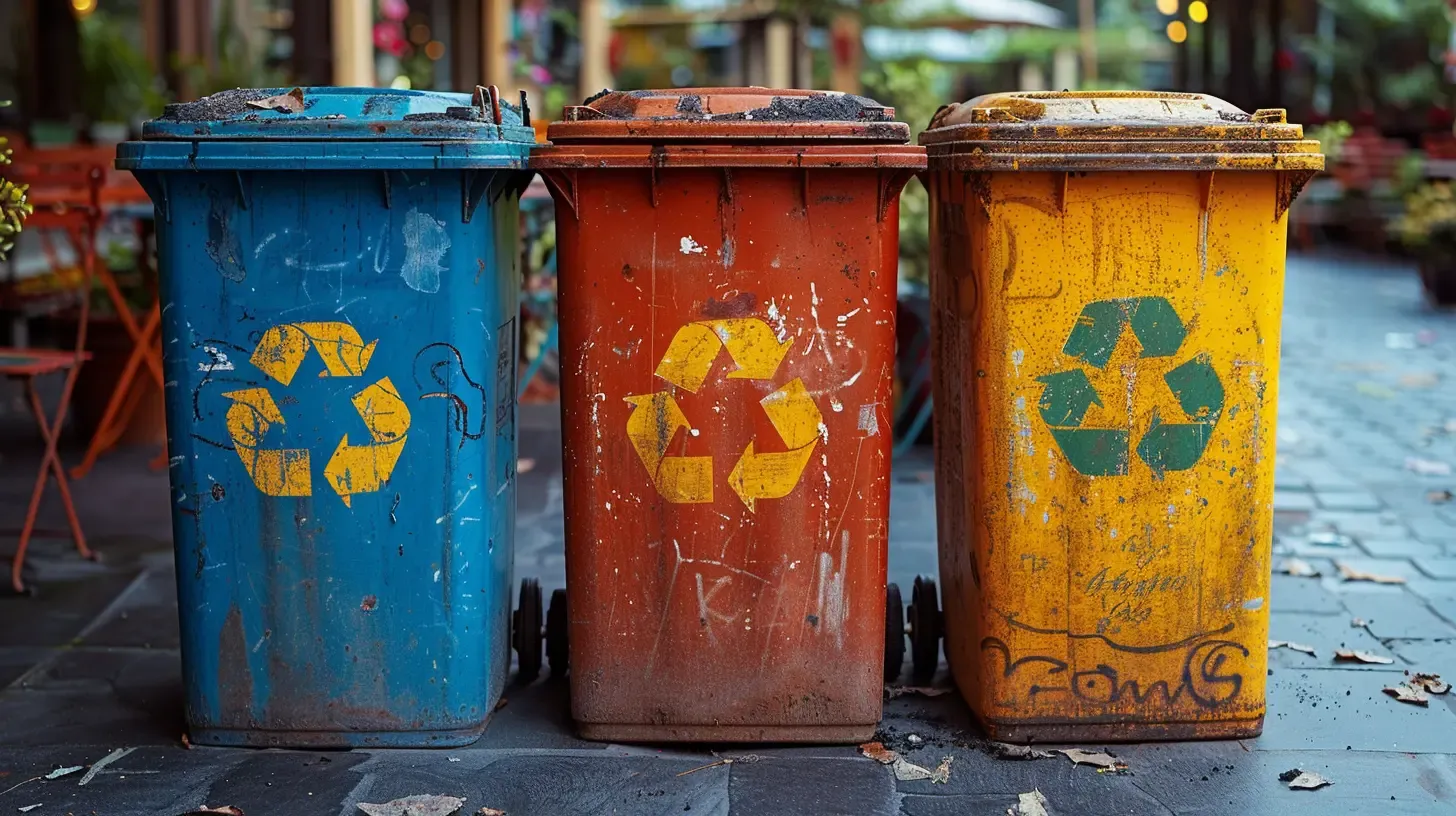19 February 2024
Recycling Done Right: A Guide to Sustainable Practices.

Press the play button in the top right corner to listen to the article
In an era where environmental sustainability is more critical than ever, recycling emerges as a key player in the battle against waste and pollution. However, not all recycling practices are created equal. To truly make a difference, it’s essential to understand the nuances of recycling correctly. This article delves into the correct methods of recycling, aiming to equip readers with the knowledge to contribute effectively to a healthier planet.
Understand What Can and Cannot Be Recycled
The first step to recycling correctly is understanding which materials are recyclable. Common recyclables include paper, cardboard, glass bottles, aluminum cans, and certain types of plastics. However, not all items made from these materials are suitable for recycling. For example, pizza boxes contaminated with grease and certain types of plastic packaging cannot be recycled. Always check your local recycling guidelines, as they can vary significantly.
Clean and Sort Your Recyclables
One of the most crucial steps in the recycling process is cleaning and sorting your recyclables. Containers should be rinsed to remove any food residue or liquid, which can contaminate other recyclables and make them non-recyclable. Sorting, on the other hand, involves separating recyclables by material type. This step is vital because mixed materials can hinder the recycling process, leading to more waste.
Avoid Wishcycling
Wishcycling, the act of tossing non-recyclable items into the recycling bin in the hope that they might be recycled, is a common mistake. This well-intentioned practice can actually do more harm than good, as it can contaminate recyclable materials, making the entire batch unsuitable for recycling. When in doubt, throw it out, or better yet, look it up in your local recycling guidelines.
Reduce and Reuse Before Recycling
While recycling is important, reducing waste and reusing items are even more effective strategies for environmental sustainability. Consider ways to reduce your consumption of disposable items and find opportunities to reuse materials before resorting to recycling. For instance, using a reusable water bottle instead of buying bottled water can significantly cut down on waste.
Support Extended Producer Responsibility (EPR) Programs
EPR programs hold manufacturers accountable for the entire lifecycle of their products, including disposal and recycling. Supporting companies that participate in EPR programs or advocating for the adoption of such policies in your area can help ensure that more products are designed with recyclability in mind.
Stay Informed About Recycling Technologies and Policies
Recycling technologies and policies are constantly evolving. Staying informed about the latest developments can help you recycle more effectively and advocate for policies that support recycling and sustainability at a broader level.
Recycling correctly is a vital component of living sustainably and protecting our planet for future generations. By following these guidelines, individuals can contribute to a more sustainable world, one recyclable at a time.
The content, including articles, medical topics, and photographs, has been created exclusively using artificial intelligence (AI). While efforts are made for accuracy and relevance, we do not guarantee the completeness, timeliness, or validity of the content and assume no responsibility for any inaccuracies or omissions. Use of the content is at the user's own risk and is intended exclusively for informational purposes.
#botnews















































































